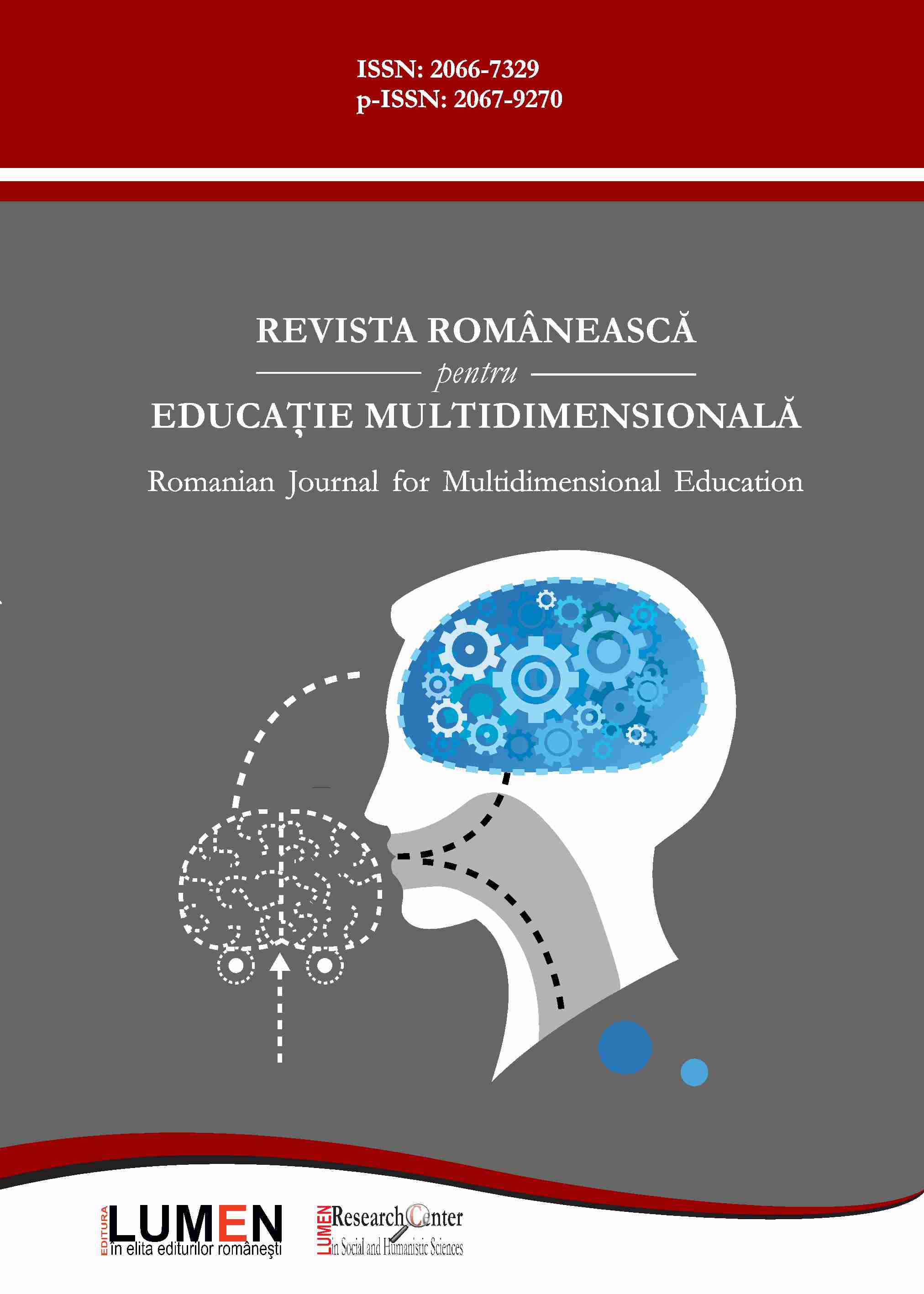Transition from Education to Labour: Parental Cultural Transmission and Children’s Reproduction of Gender Inequalities
Transition from Education to Labour: Parental Cultural Transmission and Children’s Reproduction of Gender Inequalities
Author(s): Andra-Bertha SănduleasaSubject(s): Social Sciences
Published by: Editura Lumen, Asociatia Lumen
Keywords: Cultural intergenerational transmission; Gendered choices; Occupational gender segregation; Educational preferences; Work-life balance
Summary/Abstract: Research in the field shows that, in industrialized countries, men and women tend to work in different types of occupations or sectors of economic activity, for which reason the scientific community developed the term of occupational gender segregation. This phenomenon persisted over the years despite the changes in legislation promoting gender equality. Literature suggests that parents, by the way they raise their children, transmit their cultural values regarding educational achievement and professional career. This transmission of knowledge, skills, preferences and interests from parents to children has been conceptualized by Bourdieu (1977) as cultural capital. In more general terms, this is called parental cultural transmission, a process by which information is passed from individual to individual via social learning mechanisms, which means that the way parents educate their children has a large effect on their children’s preferences and beliefs, on how their children will choose to behave as adults in society. But not all cultural traits are equally likely to be preserved and passed from parents to children, for which reason intergenerational cultural transmission is considered a fundamental component of cultural evolution (Mesoudi & Whiten, 2008). In addition to the literature review regarding the effects of gendered intergenerational cultural transmission on educational preferences and career choices, this article also presents an analysis regarding the intergenerational transmission of educational values and occupational preferences among the Romanian population, based on several survey data sources. This paper is supported by the Sectorial Operational Programme Human Resources Development (SOP HRD), financed from the European Social Fund and by the Romanian Government under the contract number SOP HRD/159/1.5/S/136077.
Journal: Revista Românească pentru Educaţie Multidimensională
- Issue Year: VII/2015
- Issue No: 1
- Page Range: 43-55
- Page Count: 13

